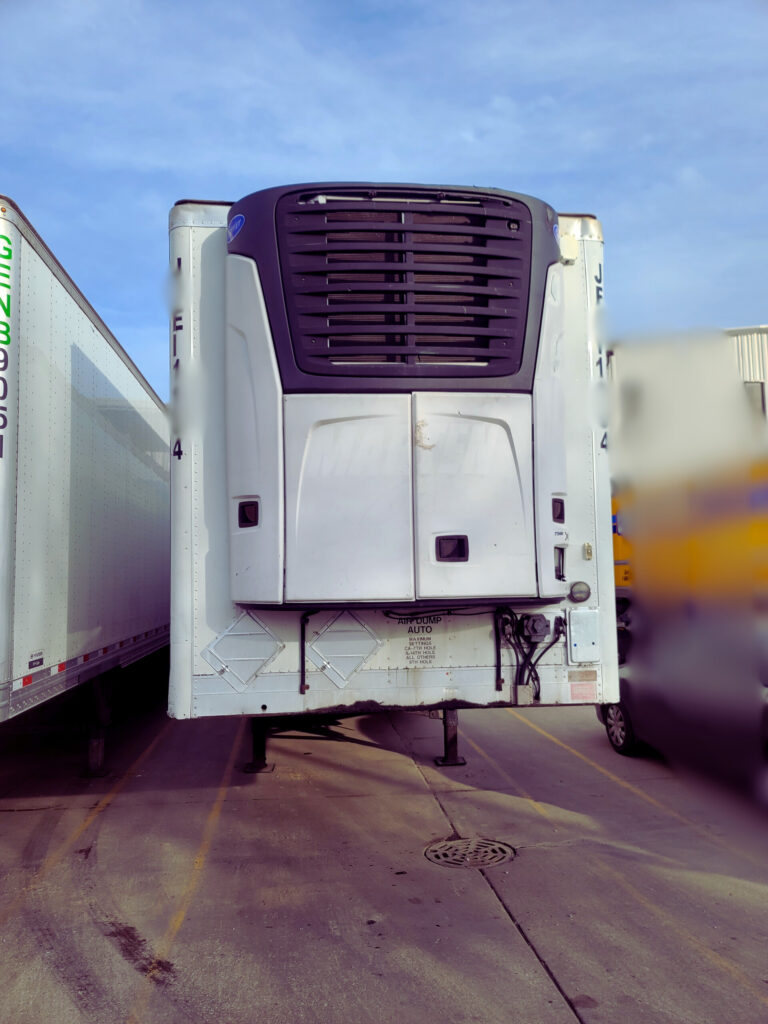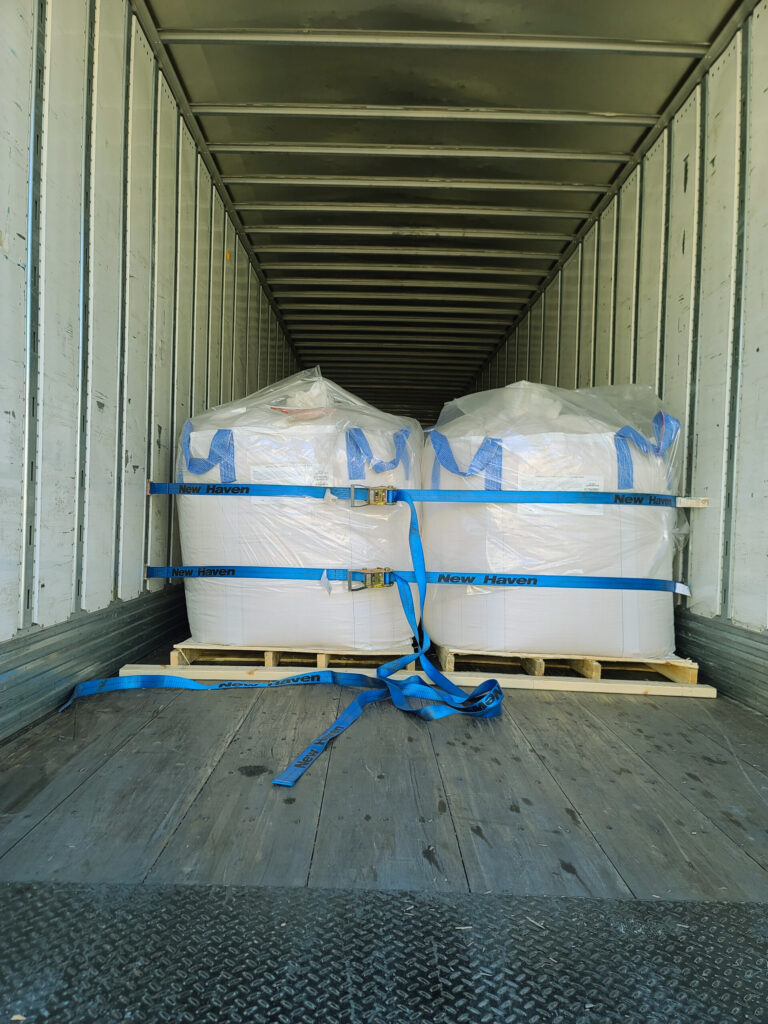
The transportation industry has undergone a massive transformation due to AI (artificial intelligence) in recent years, and this trend is expected to persist in the future as well. Several logistics experts believe that AI is bringing a myriad of positive changes in the industry, helping improve people’s lives and boosting transportation experience. Some are even considering AI as the future of the transportation industry. This theory weighs a lot as AI is offering a wide range of benefits to the digital revolution in the logistics sector. In this article, we’ll explore different ways AI can shape the transportation industry’s future.
AI (Artificial Intelligence) as the future of the transportation industry
As AI continues to develop, the transportation sector is experiencing an intense wave of digitalization and automation. Nowadays, machine learning (a core aspect of AI) finds its application in almost every logistics process and procedure. Whether it’s supply chain management, warehousing, transportation, fleet management, autopilot vehicles, or data analytics, AI is playing a vital role in revolutionizing the industry.
IoT (Internet of Things) in Logistics
IoT is one of the modern AI technologies that are taking logistics industry to the next level. From a technical perspective, IoT refers to a network of digital devices. These devices are interconnected with each other, sharing data and information among themselves. The devices are also connected to a cloud software that can receive, store, and process data to produce readable results.
The application of IoT in transportation is pretty vast. One example is freight tracking. In freight tracking, a GPS-based device is attached to the freight or vehicle and connected to cloud software. The device sends real-time location data to the software, through which all stakeholders can know the exact location of the freight during transit.
Predictive maintenance is another example of an IoT system. Digital devices and sensors are installed in vehicles that collect information about their operational parameters, like mileage, engine efficiency, fuel consumption, etc. This information is processed by cloud software, which predicts whether or not the vehicles need maintenance.
Autopilot transportation vehicles
AI is empowering the logistics industry to develop autopilot transportation vehicles like trucks that will operate without drivers. In this way, the industry can better deal with the challenges arising from shortage of drivers. These autopilot vehicles are fuel-efficient too which means they will help the shippers save more on transportation costs.
Self-driving vehicles will also help authorities to mitigate traffic issues like congestion, blockages, and accidents. It’s believed that AI-powered vehicles can play a vital role in making the commutes smoother, reducing security concerns to the surrounding vehicles and drivers.
Smarter route optimization
AI-powered route optimization devices can use computerized, smarter algorithms to analyze traffic patterns on specific routes and compare them with others. In this way, these devices can help choose the best, shortest, and safest route for transportation without raising traditional issues like bottlenecks and congestion. AI can also offer alternate routes, which means if one route becomes unavailable for freight delivery for certain reasons, shippers will always have other options.
Sustainable logistics
Like all other industries, the transportation industry strives to adopt sustainable practices, and AI can help it in this effort. Through smarter route management, AI can reduce transportation traffic on the roads, lower the carbon footprint, and make logistics operations sustainable. By using AI-powered technologies, many companies are investing in eco-friendly and fuel-efficient electric transportation vehicles.
Drone delivery
Recently, some companies have started delivering their products via AI-powered drones, a trend that is believed to give a smarter projection to the supply chain management in the future. These drones are fast, safe, and secure. Drones don’t need roads to carry out delivery operations, reducing traffic congestion.
Customer service
AI-powered chatbots and customer web portals have enabled businesses to make their customer service smarter and automate. AI helps logistics companies to automate their notification and information system through which they can inform their clients about real-time location of freight, potential delay, and loading/unloading of cargo faster.
Conclusion
From the discussion, we can conclude that AI is undoubtedly the future of the transportation industry. However, companies adopting AI should also be aware of challenges. AI is an expensive technology to implement, requiring companies to invest more than traditional practices. Also, AI comes with many regulatory requirements, moral concerns, and legal complications. Companies can move forward with AI practices by considering all these challenges.









